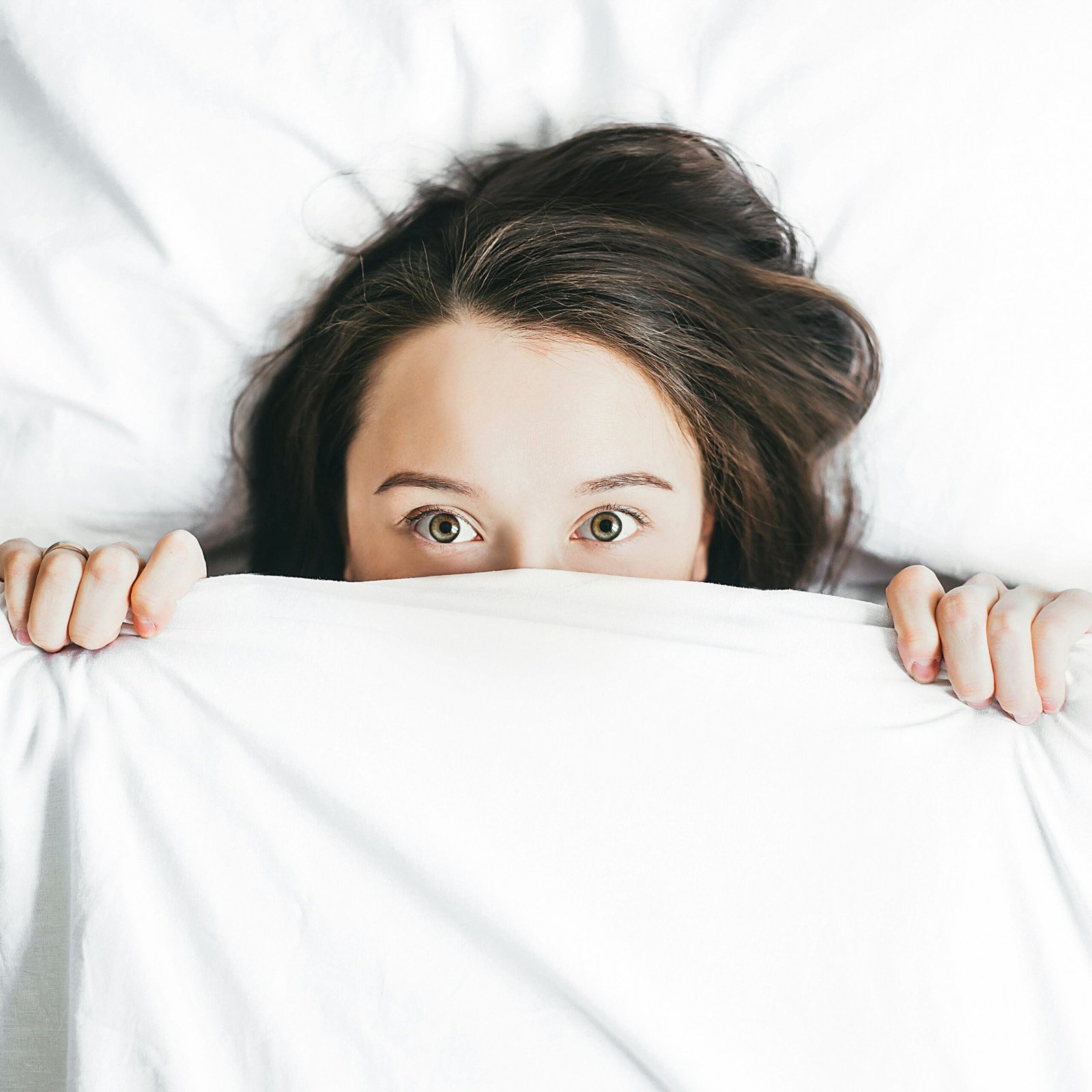Sleepless Nights Ruining Your Life?
Are you tired of tossing and turning all night, unable to get a good night’s sleep? Do you wake up feeling exhausted and groggy, unable to focus or be productive? If so, you’re not alone. Many people struggle with sleepless nights, and it can have a major impact on their overall well-being and quality of life.
Understanding the Importance of Sleep
Sleep is essential for our physical and mental health. It allows our bodies to repair and rejuvenate, and it plays a crucial role in memory consolidation and learning. Without enough sleep, we can experience a wide range of negative effects, including decreased cognitive function, mood swings, weakened immune system, and increased risk of chronic diseases such as obesity and diabetes.
That’s why it’s so important to prioritize sleep and establish good sleep hygiene habits. By following these simple tips and incorporating natural sleep aids into your routine, you can finally beat insomnia and improve your sleep quality.
1. Stick to a Consistent Sleep Schedule
Our bodies thrive on routine, and establishing a consistent sleep schedule can do wonders for improving your sleep quality. Try to go to bed and wake up at the same time every day, even on weekends. This helps regulate your body’s internal clock and makes it easier to fall asleep and wake up naturally.
2. Create a Relaxing Bedtime Routine
Creating a relaxing bedtime routine can signal to your body that it’s time to wind down and prepare for sleep. Avoid stimulating activities such as watching TV or using electronic devices right before bed, as the blue light emitted by these devices can interfere with your natural sleep-wake cycle. Instead, try reading a book, practicing relaxation techniques such as deep breathing or meditation, or taking a warm bath.
3. Make Your Bedroom a Sleep-Friendly Environment
Your sleep environment plays a crucial role in your ability to get a good night’s sleep. Make sure your bedroom is cool, dark, and quiet. Use curtains or blinds to block out any external light, and consider using earplugs or a white noise machine to mask any disruptive sounds. Invest in a comfortable mattress and pillows that support your body and promote proper alignment.
4. Limit Stimulants and Avoid Heavy Meals Before Bed
What you consume throughout the day can have a significant impact on your sleep quality. Avoid consuming stimulants such as caffeine and nicotine, especially in the afternoon and evening. These substances can interfere with your ability to fall asleep and stay asleep. Additionally, try to avoid heavy meals close to bedtime, as digestion can disrupt your sleep.
5. Incorporate Natural Sleep Aids
If you’re still struggling to get a good night’s sleep, consider incorporating natural sleep aids into your routine. Some popular options include:
- Herbal teas: Chamomile, valerian root, and lavender teas have calming properties that can promote relaxation and help you fall asleep.
- Aromatherapy: Essential oils such as lavender, bergamot, and cedarwood can be diffused or applied topically to promote relaxation and improve sleep quality.
- Melatonin: Melatonin is a hormone that regulates sleep-wake cycles. Taking a melatonin supplement can help reset your body’s internal clock and improve sleep quality.
- Relaxation exercises: Practicing relaxation exercises such as progressive muscle relaxation or guided imagery can help calm your mind and prepare your body for sleep.
Remember, everyone is different, and what works for one person may not work for another. It may take some trial and error to find the natural sleep aids that work best for you.
Conclusion
Getting a good night’s sleep is essential for your overall well-being and quality of life. By following these sleep hygiene tips and incorporating natural sleep aids into your routine, you can finally beat insomnia and improve your sleep quality. Remember to be patient with yourself and give your body the time it needs to adjust to these new habits. Here’s to many restful nights and energized mornings!

